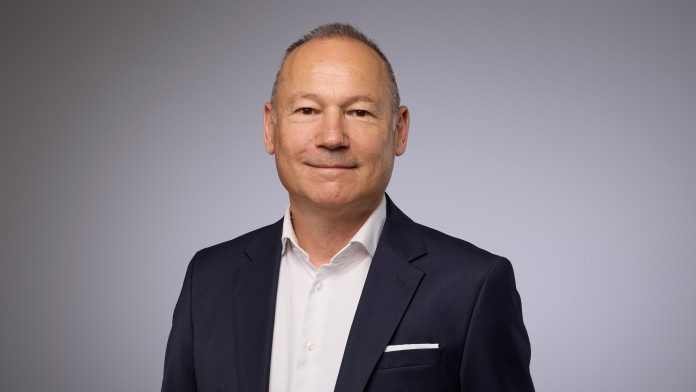Press Release from 2015-10-27 / Group
KfW SME Panel 2015
- More confidence in a sustainable upswing in Germany and Europe
- Investments at the highest level since 2008, but number of companies willing to invest stagnating
- Low-interest environment stimulates demand for loans
- Foreign business reaches new long-term low
- Profitability at record high, but growth in turnover too weak to boost productivity
SMEs are gradually starting to risk coming out of hiding. Increasing confidence in a sustainable upswing in Germany and Europe is encouraging more investments among small and medium-sized enterprises (SME). In 2014, they increased by 6% (EUR 12 billion) from the previous year, reaching the highest level since 2008. One particularly positive development: companies are once again investing heavily in expansions – a clear sign that confidence is on the rise. There are indications that this upwards trend in investments will continue in 2015, something that is confirmed by the new KfW 2015 SME Panel, the only representative survey of Germany SMEs.
These investments, however, are concentrated in fewer and fewer companies. This is also clearly shown by the KfW 2015 SME Panel. In 2014, the number of SMEs with investment projects fell by 1.3 percentage points to approx. 42%.
SMEs are capitalising on low interest rates for more financing from outside sources. Demand for investment loans rose by 8% in 2014 (EUR 9 billion). The equity base of SMEs is not suffering from this. On the contrary, average equity ratio increased again in 2014 by 1.1 percentage points to its current level of 29.7%. This is also due to the fact that SMEs are operating very profitably. Average yield on turnover was up by 0.3 percentage points to reach an all-time high of 7% in 2014.
At the same time, productivity is virtually unchanged. With 509,000 new jobs in 2014, SMEs employ 68% of the workforce (29.1 million). Growth in turnover (+3.3 % in 2014) was too weak to cope with this development: turnover per employee fell slightly in 2014 by around 1%. The former productivity drivers in particular recorded losses: productivity experienced a significant decline both among large SMEs with 50 or more employees (-8%) as well as among SMEs in the research and development-intensive manufacturing industry (-17%).
One reason is that foreign turnover of SMEs fell in 2014 for the third year in a row to its current level of EUR 534 billion (-2%) while total exports of German companies were up (+3.7%). This is primarily due to the weak economy in Europe. Internationalisation across European borders remains a huge challenge for SMEs, making a strong Europe even more important. It is encouraging that the companies are not afraid of to making a move abroad. More SMEs were active in international markets in 2014 than in the year before (23% compared to 20% in 2013).
KfW Chief Economist Dr Jörg Zeuner said about the results of the 2015 SME Panel: "Companies are gradually gaining confidence again in the stability of economic performance, mainly in the domestic market. The investment engine is picking up steam: investments are higher than they have been since 2008. The small enterpri-ses are responding, rightly so, to strong domestic demand which is expected to continue. Monetary policy is also providing a stimulus. But there is no reason for euphoria. Many more companies would have to invest to stay on track over the long term. New impetus is needed to achieve this. The government is playing a strong leadership role as the biggest investor in the country." Another challenge to be tackled is the upcoming generational shift in SMEs: "The problem of unclarified succession is becoming ever more pressing. Most recently the heads of 618,000 SMEs were searching for successors," continued Zeuner. "Last but not least, SMEs need Europe to be dynamic because many of them are just embarking on their foreign endeavours.”
The KfW SME Panel 2015 is available for download at: www.kfw.de/research.


Share page
To share the content of this page with your network, click on one of the icons below.
Note on data protection: When you share content, your personal data is transferred to the selected network.
Data protection
Alternatively, you can also copy the short link: https://www.kfw.de/s/enkBbm2w.BLGA
Copy link Link copied